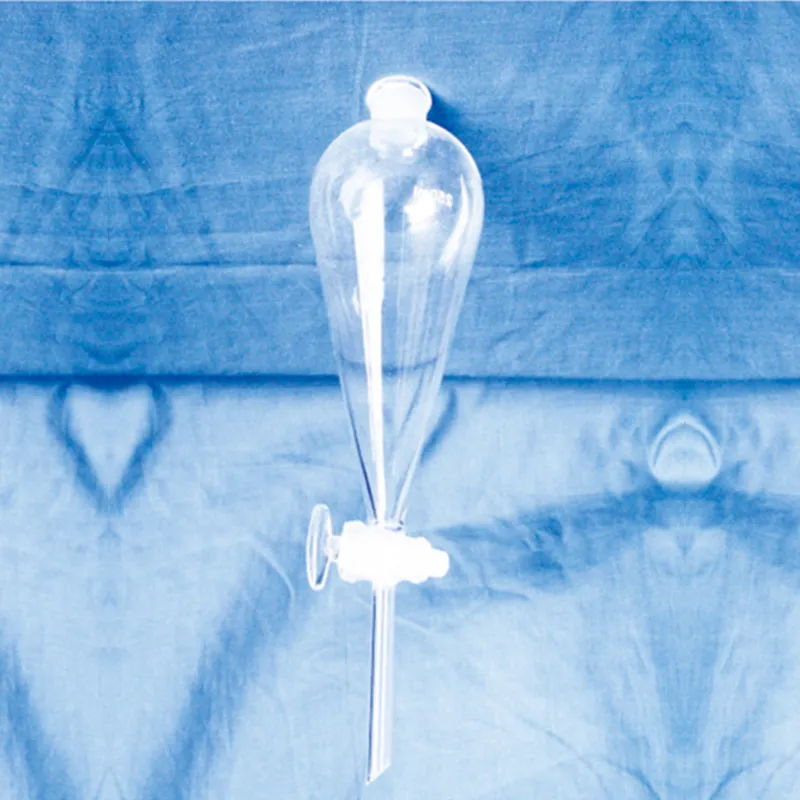
Its superior optics enhance observation precision with crisp, high-resolution images at every magnification. Its durable construction resists frequent use in the classroom and professional environments. The variable brightness and focusing adjustments make the bone microscopic suitable for many types of specimens, from biological tissues to industrial samples. Optional digital accessories extend its functionality with high-resolution imaging, data storage, and analytical interface with modern research systems.

Applications of the bone microscopic cross into different spheres. It enables disease diagnosis by examining tissue sample and blood smears in medicine. In materials science, the bone microscopic is employed to examine crystal structures, coatings, and composites. In life sciences research, it is used in visualization of cell morphology, patterns of growth, and intracellular action. The bone microscopic also offers quality inspection for production with precision in semiconductor fabrication and microfabrication. It is used in museums and conservation laboratories to examine pigments and fibers in artifacts from ancient times.

Future technology is revolutionizing the future of the bone microscopic, focusing on automation, high speed, and visualization. New-generation models will be provided with sophisticated image-processing algorithms to process information in real time. The bone microscopic will likely utilize adaptive optics for improved imaging at higher magnifications, both to the advantage of biological and materials research. Handheld and portable versions will become standard, bringing microscopic study to the location. With growing demands for sustainability, energy-saving bone microscopic versions will also run laboratories worldwide.

The bone microscopic has the strength of longevity, which is dependent on the right handling and maintenance by cleaning regularly. Clean the eyepieces, objectives, and stage with accepted lens paper after each use. Remove all slides and samples prior to shutdown. The bone microscopic should be stored in a cool, dry place to avoid corrosion and mold. Check screws and mechanical joints for support at intervals. The electrical components, such as the power supply unit and light source, should be inspected frequently to ensure safe operation.
A bone microscopic is an essential investigation device that brings new insight to life in material and biological science. It magnifies objects which are too small to view with the naked eye, revealing hidden patterns and structures of cells. The bone microscopic facilitates proper observation by possessing fine optics, variable illumination, and fine focusing devices. It plays an important part in laboratory testing, forensic analysis, and industrial quality control, revealing vivid insights into the structure and behavior of microscopic material.
Q: How do environmental conditions affect a microscope? A: Excessive heat, moisture, or dust can damage optical and mechanical components, so the microscope should be used in a clean, controlled environment. Q: Can a microscope capture images or videos? A: Many modern microscope models include digital cameras that enable high-resolution image and video capture for documentation or analysis. Q: What training is required to operate a microscope? A: Basic understanding of optics and focusing principles is recommended, though most educational microscopes are designed for simple, intuitive use. Q: Why is regular maintenance important for a microscope? A: Regular maintenance prevents dust buildup, mechanical wear, and misalignment, ensuring consistent performance and image clarity. Q: Can a microscope be used outside the laboratory? A: Portable and handheld microscope models are available for field studies, allowing researchers to observe and analyze samples on site.
The delivery bed is well-designed and reliable. Our staff finds it simple to operate, and patients feel comfortable using it.
We’ve been using this mri machine for several months, and the image clarity is excellent. It’s reliable and easy for our team to operate.
To protect the privacy of our buyers, only public service email domains like Gmail, Yahoo, and MSN will be displayed. Additionally, only a limited portion of the inquiry content will be shown.
We’re interested in your delivery bed for our maternity department. Please send detailed specifica...
We’re looking for a reliable centrifuge for clinical testing. Can you share the technical specific...
E-mail: [email protected]
Tel: +86-731-84176622
+86-731-84136655
Address: Rm.1507,Xinsancheng Plaza. No.58, Renmin Road(E),Changsha,Hunan,China